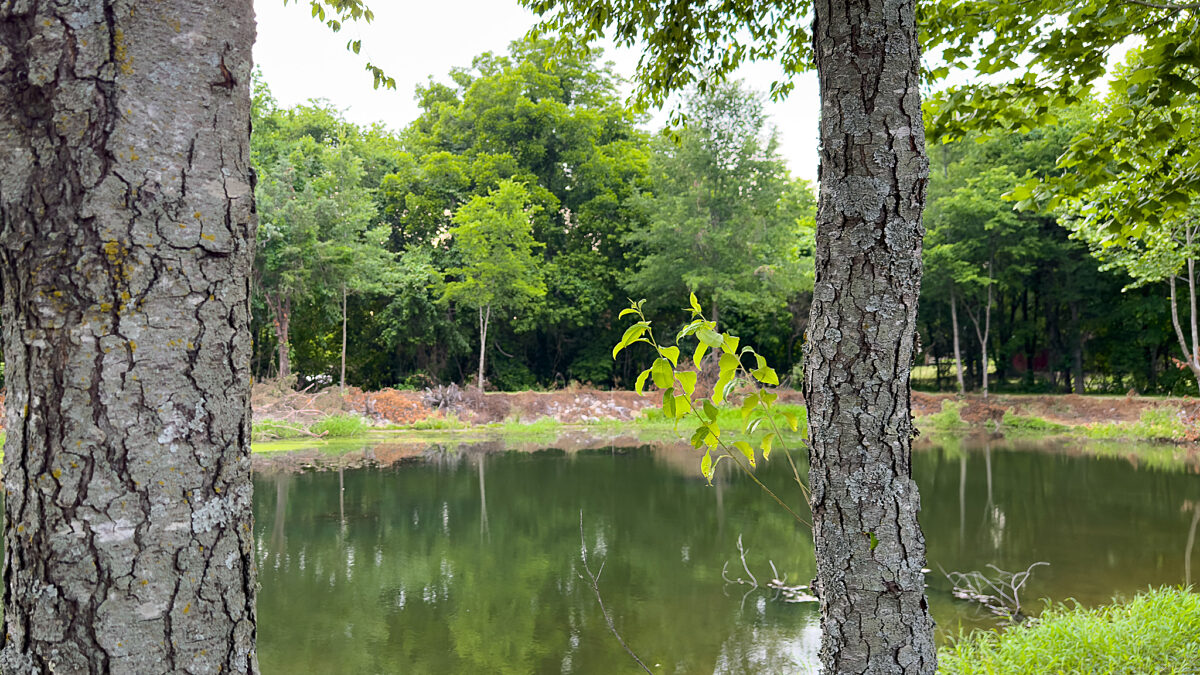Farmers Urge EPA to Keep Water Protection Rules Clear
TOPICS
WOTUSZippy Duvall
President

photo credit: AFBF Photo, Morgan Walker
Zippy Duvall
President
It’s no secret that we were surprised and disappointed across Farm Bureau when the Environmental Protection Agency announced its intention to reverse the 2020 Navigable Waters Protection Rule. Those feelings turned to greater frustration this week as a judge in Arizona made the decision to vacate the rule entirely, ignoring evidence and plans already set in motion by EPA. We are still looking into what implications this has nationwide, but farmers and ranchers could face even greater uncertainty as this ruling threatens the progress we’ve made to responsibly manage water and natural resources. The NWPR not only protected our nation’s water but also provided much-needed clarity for farmers and ranchers. EPA Administrator Michael Regan has promised the agency won’t return to the overreaching regulations of the flawed 2015 Waters of the U.S. rule, and we will hold him to that promise.
At the end of this week, the EPA will wrap up a series of listening sessions and an open comment period on the definition of “waters of the United States.” Farmers and ranchers across the country have taken EPA’s call for feedback seriously. Through our Farm Bureau grassroots call to action, nearly 2,000 comments have been submitted—that number doesn’t take into account similar calls at the state level. This is grassroots in action, and I want to thank all of you for taking the time to speak on behalf of your farms and communities. And there is still time to make your voices heard if you haven’t already. The comment period closes on September 3, 2021, and AFBF is submitting formal comments to the EPA docket as well. We must keep coming to the table and work together to achieve consistency and clarity for all.
Farmers know what a precious resource our nation’s water is, and we are committed to keeping our water clean for our families and communities.
Farm Bureau’s resounding message: The Navigable Waters Protection Rule provided much-needed certainty to our clean water efforts, and the EPA must continue to provide clarity and protect farmers’ ability to grow our nation’s food, fiber and fuel. I have long said that I shouldn’t need to bring a team of lawyers and consultants out to my farm to know what is and what isn’t a “water of the United States.”
Throughout the EPA listening sessions, Farm Bureau leaders, staff and grassroots members echoed that sentiment. AFBF Vice President and South Dakota Farm Bureau President Scott VanderWal and AFBF board member and New York Farm Bureau President David Fisher joined in discussing the importance of the NWPR for farms and ranches in their states and across the country. From New Mexico to Michigan to Alabama, Farm Bureau called on EPA to preserve the definition of navigable set in the 2020 rule and to protect farmers from getting bogged down in expensive permitting and paperwork. We shouldn’t have to apply for a permit every time we turn over dirt on land that is dry most of the year. What’s more—ephemerals and ditches are not, and should not be considered, “waters of the U.S.” Farm Bureau representatives also called on EPA to respect long-standing changes to our nation’s landscape and farmland by preserving historic designations for prior converted cropland.
Farmers know what a precious resource our nation’s water is, and we are committed to keeping our water clean for our families and communities. We are taking proactive steps on the farm to keep nutrients on our crops and out of our waterways. Regulations shouldn’t place conservation practices at risk of getting mired in bureaucratic paperwork and red tape. Farmers need the ability and flexibility to pursue projects that promote sustainability and keep up routine maintenance on the farm, such as creating grass waterways and reconstructing irrigation ditches, for example. These types of projects increase efficiency and help reduce environmental impact. But when a project already carries a hefty price tag, piling on a permit fee of around $30,000 or more can stop any project dead in its tracks. Farmers need regulations that work with us, rather than roadblocks in our ongoing sustainability efforts.
The coming days will be pivotal ones for Administrator Regan. He must keep his word to America’s farmers and ranchers, recognize our conservation efforts, and not return to overly complicated and excessive regulations. All Americans—on and off the farm—deserve clarity and consistency as we protect our shared waterways.
Zippy Duvall
President
Vincent “Zippy” Duvall, a poultry, cattle and hay producer from Greene County, Georgia, is the 12th president of the American Farm Bureau Federation.
Trending Topics
VIEW ALL